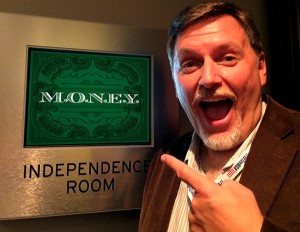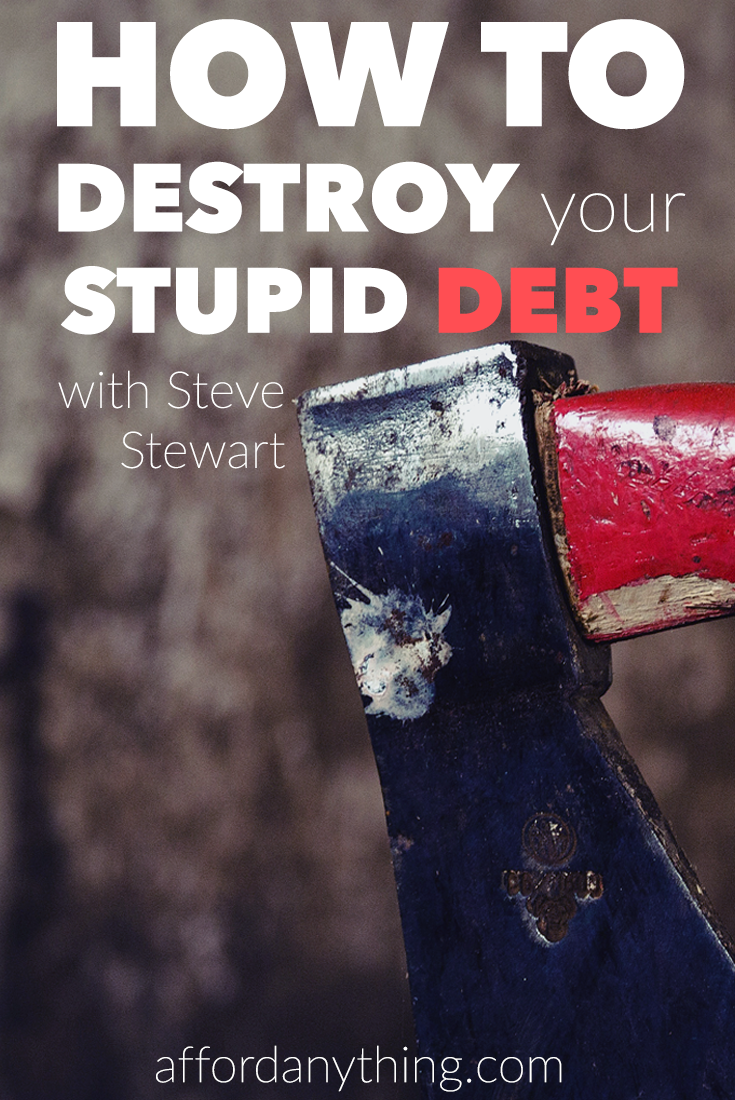
When Jay and I decided to launch a podcast … we dragged our heels for six months. Then we turned to Steve Stewart for help.
Steve is our podcast producer. He’s been side-hustling as a mobile DJ for longer than I’ve been alive. On today’s episode, Steve shares a fascinating story:
He DJ’ed his way out of debt.
Steve and his wife wiped out their debts in 2007. Today they’re 100% debt-free, including mortgage-free. But reaching this point … well, let’s just say the road is messy.
We’ll let Steve tell the story. Enjoy!
____________
Articles mentioned on this episode:
